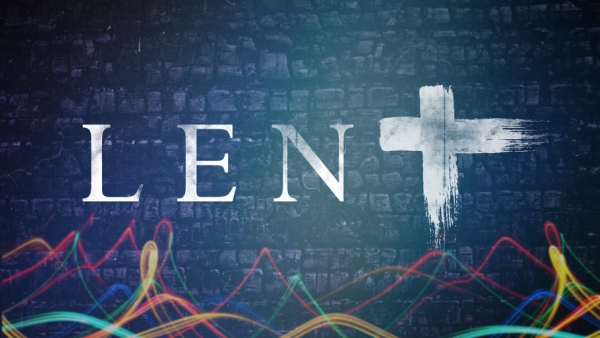
The movie The Shack has been getting social media attention for both positive and negative reasons. There are those who see The Shack as a great movie about our relationship with God; and in the other camp are those who see the movie as blasphemous and theologically dangerous.
I recently watched The Shack and spent most of the time fighting back tears. The movie is based on the book of the same title written by Canadian author William P. Young. His book was controversial among a small number of Christians and now the movie is receiving similar reactions.

Personally, I don’t consider the book or the movie to be heretical; but it certainly is theological. In its simplest form, The Shack gives us a visual of the complexities involved in a person’s relationship with God, Jesus, and the Spirit. We will never fully understand how the relationships between us as humans and God as divine fully operates. We were not designed to understand something so complex; something that takes place between a human and a non-human; here on earth and in another world that we have never seen (and may never see).
In my lifetime I’ve had too much experience dealing with Christians who always have the exact answers, those who can’t accept that parts of God’s being and actions will forever be a mystery to us. God never promised that we would understand everything, He only asked that we trust Him with what He has revealed to humans.
It’s the habit of humans to fill in the blanks where God has intentionally chosen to leave unknown. It’s as if one can’t stand not know something. We as a human race feel cheated by God and to deal with this we come up with answers and don’t allow them to be challenged for fear that our answers might be wrong. There are people more comfortable with a lie that doesn’t challenge them rather than a truth that challenges them.
I believe The Shack helps explain to Christians the complexity of dealing with the unseen and the unknown. Being a Christian doesn’t shield us from pain, it only helps protect us from allowing our pain to become bitterness, revengeful, hard hearted, and emotionally self-destructive. How we react to life’s circumstances has nothing to do with who God is, it is 100% about us as individuals and the choices we make.

The Shack is making some people uncomfortable because it is not human nature for us to be forgiving, loving, and kind to those who don’t make us feel all warm and fuzzy. The gospel teachings of Christ are difficult when you put them into action. Living out the gospel is a continuous cycle of learning and growth. During this lifelong process God is busy loving us, offering His grace, giving us mercy, and developing us into the persons He has designed us to be.
If you haven’t seen or read The Shack, I encourage you to prepare yourself beforehand by reading Jesus’ teachings and various parts of the Hebrew scriptures where God talks about His love for us and the forgiveness that comes along with it. This is important because God taught us His commandments about love and forgiveness, and Jesus lived it as an example for us to follow.
If you are uncomfortable with what God has taught us about love, grace, mercy, forgiveness, and justice and how Jesus lived it; you will be uncomfortable with the theological concepts found in The Shack.
The Greatest Commandment Given
28 One of the scribes came near and heard them disputing with one another, and seeing that he answered them well, he asked him, “Which commandment is the first of all?” 29 Jesus answered, “The first is, ‘Hear, O Israel: the Lord our God, the Lord is one; 30 you shall love the Lord your God with all your heart, and with all your soul, and with all your mind, and with all your strength.’ 31 The second is this, ‘You shall love your neighbor as yourself.’ There is no other commandment greater than these.” 32 Then the scribe said to him, “You are right, Teacher; you have truly said that ‘he is one, and besides him there is no other’; 33 and ‘to love him with all the heart, and with all the understanding, and with all the strength,’ and ‘to love one’s neighbor as oneself,’—this is much more important than all whole burnt offerings and sacrifices.” 34 When Jesus saw that he answered wisely, he said to him, “You are not far from the kingdom of God.” (Mark 8: 28-34).
Reflection and Questions:
-What parts of The Shack resonated with you theologically?
-Do you believe it is possible to feel God’s presence in the midst of pain and suffering?
-Do you identify with the main character’s struggle to accept that God forgives people who have done really bad things to others?
-Were there any scenes or parts of the book where you think the author gave an inaccurate portrayal of God, Jesus, or the Holy Spirit (breath)?
-Have you learned something new about the nature of God from either the book or the movie?
-Do you believe it is possible to be set free from generational sin (such as the example provided by the movie)? If yes, what are some ways one can be set free?











